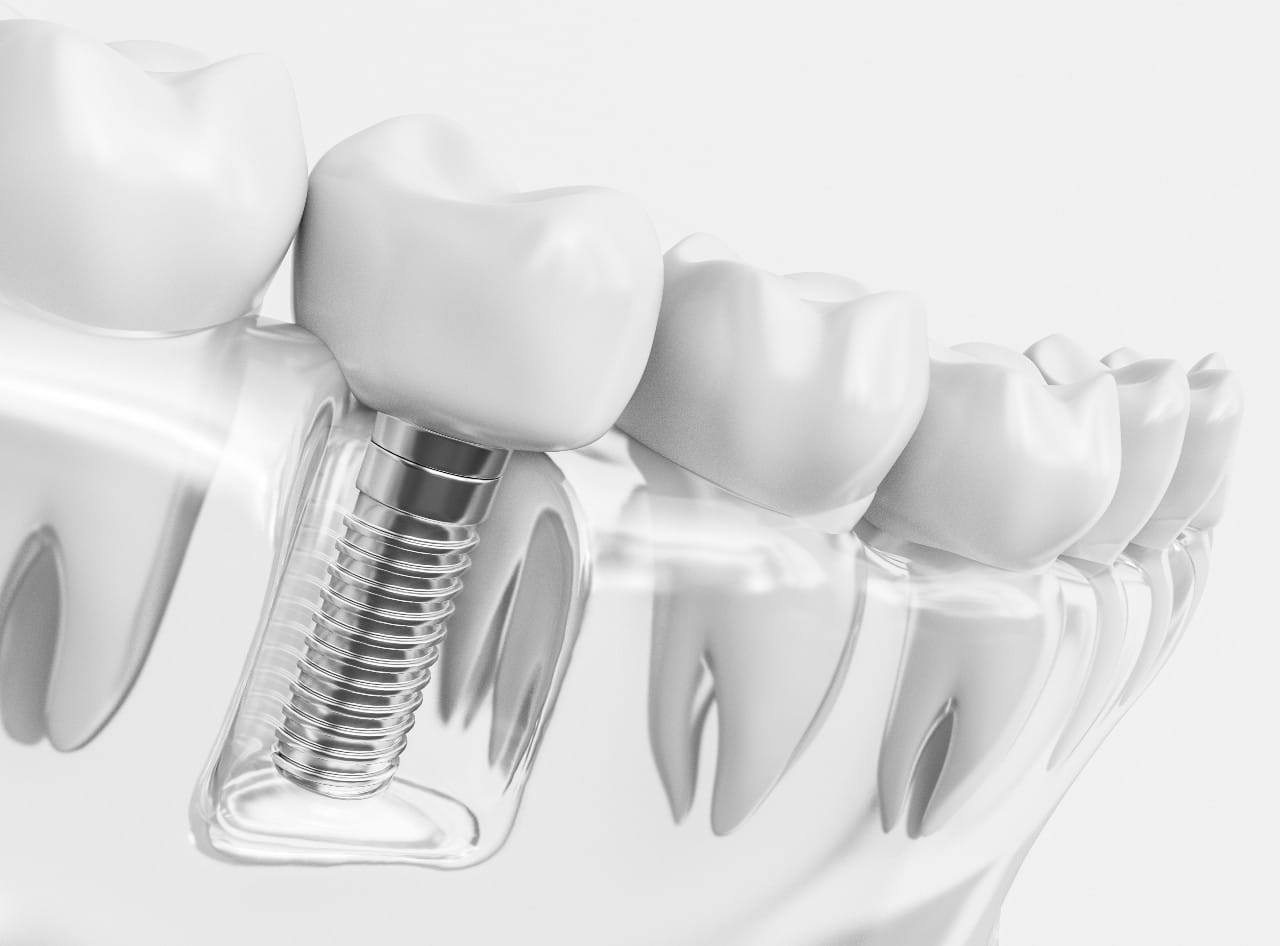Root canals are a common procedure and have a success rate of 95%. There are procedures in place that can help your root canal last such as placing the crown immediately following the root canal. It is also important to practice good oral hygiene habits after your root canal at home.
There are some cases where patients do have an issue after their root canal is complete. Even though it is unlikely, root canals can fail. Failed root canals can be due to cracks in or around the root area, or from an obstruction that can make cleaning the area difficult.
There are symptoms you can look out for that may indicate you may have an issue. These symptoms include sensitivity to hot or cold, swelling, or pain while chewing. If you experience any of these symptoms we urge you to call our office as soon as possible.
How Does an Apicoectomy Work?
If a patient has a blockage around the tooth that is preventing access to the root canal they may need an apicoectomy procedure. This procedure involves creating a small flap in the gum to access the root. The infected area is cleaned out and sealed to prevent further infection. This is a great way for our team to access the root area that has the blockage and save your tooth.
Other Treatment Options
Retreatment
The most common option for failed root canals is retreatment. This involves removing the original filling, and cleaning and disinfecting the canal. The area is then resealed to prevent further infection. This treatment has the highest success rate.
Extraction
If both the apicoectomy and retreatment are not effective, removing the tooth is the last resort. With this option dental implants can be used to fill the empty space where the tooth was extracted.
Our team works closely with each patient to determine the severity and treatment options for a root canal failure. We want to choose the best option to save your tooth. Your health is our priority and we strive to provide the highest level of care for all of our patients.
Interested In Finding Out More?
If you are interested in finding out more about root canal therapy and treatment options for failed root canals, we encourage you to schedule an appointment. If you are experiencing symptoms of a failed root canal please do not hesitate to call our office. You should be seen as soon as possible.
To schedule your appointment contact our office, and our friendly staff will assist you.



